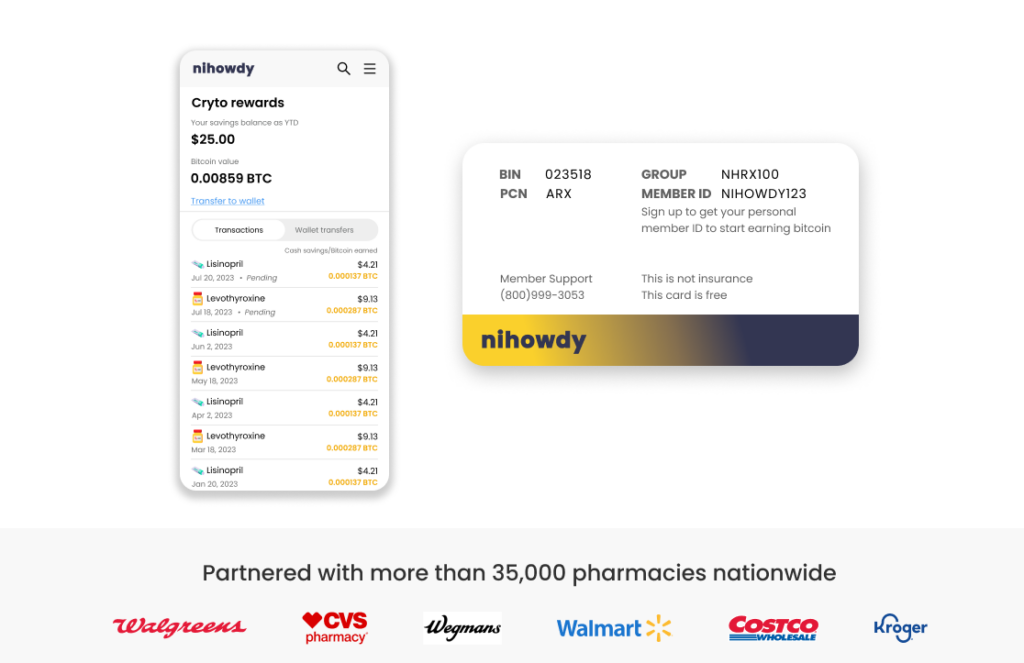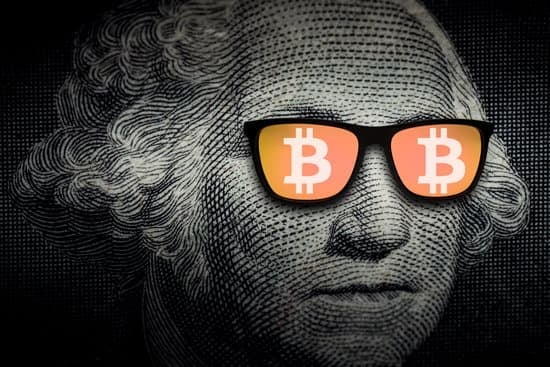Why Healthcare Providers Should Learn About Bitcoin


As healthcare providers, we often operate from a place of relative privilege, enjoying job security and financial stability that many outside our industry do not share. However, it’s essential to recognize that millions of people face economic hardships that can be traced to poor fiscal policies and centralized banking systems. Without delving too deeply into macroeconomics, understanding this backdrop is crucial for appreciating why Bitcoin can be a transformative tool for personal finance and health equity.
Key-Takeaways
Healthcare Professionals Often Have Financial Security: Many in the healthcare industry enjoy better financial stability than other sectors, which can make it easy to overlook that 14.2% of U.S. households are underbanked and face significant economic challenges (FDIC Report, 2024).
Bitcoin as an Inflation Hedge: Bitcoin’s fixed supply of 21 million coins and decentralized nature make it a potential hedge against inflation. In contrast, the U.S. dollar’s purchasing power has decreased by over 17% from 2010 to 2023 (Bureau of Labor Statistics), impacting savings and income.
Promoting Health Equity Through Bitcoin: Bitcoin’s financial inclusion benefits are significant, especially for the 1.7 billion unbanked people worldwide (World Economic Forum). Cryptocurrency can enable better access to financial tools that improve healthcare affordability.
Understanding Bitcoin Basics Is Important: Healthcare providers should learn the core principles of Bitcoin, which has shown resilience against traditional fiat currency issues. For example, brand-name drug prices decreased by 61% in Bitcoin between 2018 and 2024, while their fiat prices increased by 76%.
Real-World Affordability: Bitcoin’s deflationary nature and long-term value retention have made goods and services, including medications, more affordable. Meanwhile, traditional fiat currency has struggled to maintain purchasing power due to continuous inflation and policy changes.
The Privileged Position of Healthcare Professionals
Healthcare professionals, including pharmacists, tend to have more stable incomes than many other sectors. This stability can sometimes insulate us from seeing the financial struggles that patients and those in other industries face. For many, the challenges stem from a monetary system that has allowed inflation to erode purchasing power over time. According to the Bureau of Labor Statistics, the purchasing power of the U.S. dollar has decreased by over 17% from 2010 to 2023. This devaluation has tangible impacts, particularly for those without significant financial assets or access to reliable savings vehicles.
Why Bitcoin Is Different
Bitcoin’s unique characteristics set it apart from traditional fiat currency. Unlike the dollar or other centralized currencies, Bitcoin has a finite supply of 21 million coins, making it naturally deflationary. This limited supply means that, as demand grows, Bitcoin can appreciate, offering an alternative hedge against inflation.
Real-world examples highlight this effect. A 2024 study demonstrated that the cost of brand-name drugs dropped by 61% in Bitcoin between 2018 and 2024 despite their fiat prices increasing by 76%. This shows that while fiat currencies lose value due to inflation and poor fiscal policies, Bitcoin can help preserve purchasing power.
The Link Between Bitcoin and Health Equity
Health equity is defined as ensuring that everyone has a fair opportunity to attain their highest level of health. However, financial barriers often prevent patients, especially those paying out of pocket, from accessing needed medications and services. According to the World Economic Forum, 1.7 billion people remain unbanked, limiting their access to traditional financial systems that could support their healthcare needs.
Bitcoin offers a solution by providing financial inclusion outside the bounds of conventional banking. In developing economies, cryptocurrency adoption has positively influenced financial empowerment and trust in financial institutions. A 2024 report showed that blockchain-powered payment solutions could reduce cross-border transaction fees to as low as 0% to 1%, compared to up to 35% for traditional money transfers on small transactions.
By embracing initiatives like those offered by NiHowdy, which passes drug rebates back to consumers in Bitcoin, pharmacists, and healthcare professionals can contribute to making healthcare more affordable and equitable. This model ensures that financial benefits are passed directly to the patients who need them most, offering a new way to support health equity.
Practical Steps: Learning the Basics of Bitcoin
For healthcare professionals interested in exploring Bitcoin, starting by learning the basics is essential. Bitcoin’s decentralized nature and capped supply are significant advantages over fiat currency, subject to inflation and monetary policies. While the U.S. dollar’s purchasing power decreases due to inflation and an expanding money supply, Bitcoin’s design helps retain and grow purchasing power over time.
Understanding Bitcoin doesn’t require diving deep into blockchain technology. Instead, focus on learning what makes Bitcoin unique:
Decentralization: Bitcoin is not controlled by any central authority, reducing the risk of currency manipulation.
Fixed Supply: With only 21 million Bitcoins ever to be created, it acts as a safeguard against inflation.
Accessibility: Bitcoin provides financial opportunities to those without traditional banking access, promoting financial inclusion and potentially improving health outcomes.
Resources for Getting Started:
Books: The Bitcoin Standard by Saifedean Ammous
Online Platforms: Websites like Bitcoin.org and educational courses tailored for beginners
Community Engagement: Forums and social media groups where healthcare professionals discuss and share their experiences
Conclusion
The potential impact of Bitcoin on personal finance and health equity is profound. Healthcare professionals can better navigate financial challenges by understanding and incorporating Bitcoin while contributing to broader health equity efforts. As fiat currency’s purchasing power continues to decline, Bitcoin presents an opportunity to enhance financial security and promote greater access to resources for underserved populations.
Taking the first step to learn about Bitcoin could not only strengthen your personal financial outlook but also position you to make a meaningful impact on health equity.


